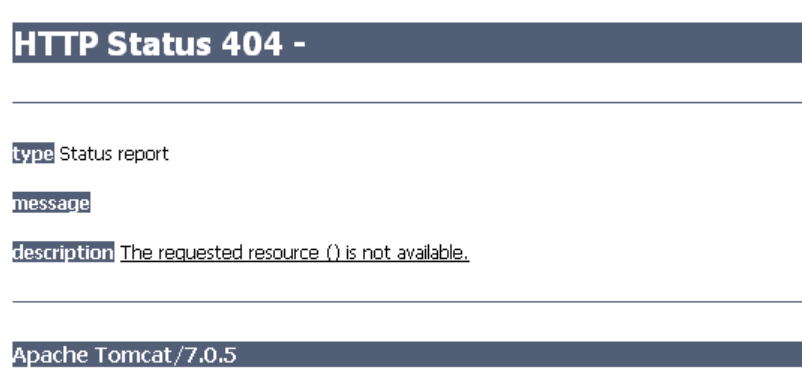无论何时重写start()方法,我们的start()方法都会像普通方法调用一样执行,并且不会创建新线程。我们可以重写Thread类的start/run方法,因为它不是final。但是 不建议重写start()方法 ,否则会破坏多线程概念。
null
// Java program illustrate the concept of // overriding of start() method class Bishal extends Thread { public void start() { System.out.println( "Start Method" ); } public void run() { System.out.println( "Run Method" ); } } class Geeks { public static void main(String[] args) { Bishal thread = new Bishal(); thread.start(); System.out.println( "Main Method" ); } } |
输出:
Start Method Main Method
注: 在上面的程序中,当我们通过Bishal类的对象调用start()方法时,将不会创建任何线程,所有函数都只由主线程完成。
JVM为上述程序提供的运行时堆栈: ![图片[1]-重写线程类start()方法-yiteyi-C++库](https://www.yiteyi.com/wp-content/uploads/geeks/geeks_Thread2-300x217.png)
当我们在线程上调用start()方法时,它会在内部用新创建的线程调用run()方法。所以,如果我们重写start()方法,在我们编写调用run()方法的代码之前,不会调用run()方法。 另一个例子:
class GThread extends Thread { public void run() { System.out.println( "GThread: run()" ); } public void start() { System.out.println( "GThread: start()" ); } } class GRunnable implements Runnable { public void run() { System.out.println( "GRunnable: run()" ); } public void start() { System.out.println( "GRunnable: start()" ); } } public class MyTest { public static void main(String args[]) { GThread gt = new GThread(); GRunnable gr = new GRunnable(); Thread thread = new Thread(gr); gt.start(); thread.start(); } } |
输出:
GThread: start() GRunnable: run()
当GThread。调用start(),输出为:“GThread:start()”。当我们打电话时,线程。新线程将调用runnable的run()方法,我们将得到“GRunnable:run()”消息。
本文由 比沙尔·库马尔·杜比 .如果你喜欢GeekSforgek,并想贡献自己的力量,你也可以使用 贡献极客。组织 或者把你的文章寄到contribute@geeksforgeeks.org.看到你的文章出现在Geeksforgeks主页上,并帮助其他极客。
如果您发现任何不正确的地方,或者您想分享有关上述主题的更多信息,请写下评论。
© 版权声明
文章版权归作者所有,未经允许请勿转载。
THE END


![关于”PostgreSQL错误:关系[表]不存在“问题的原因和解决方案-yiteyi-C++库](https://www.yiteyi.com/wp-content/themes/zibll/img/thumbnail.svg)






